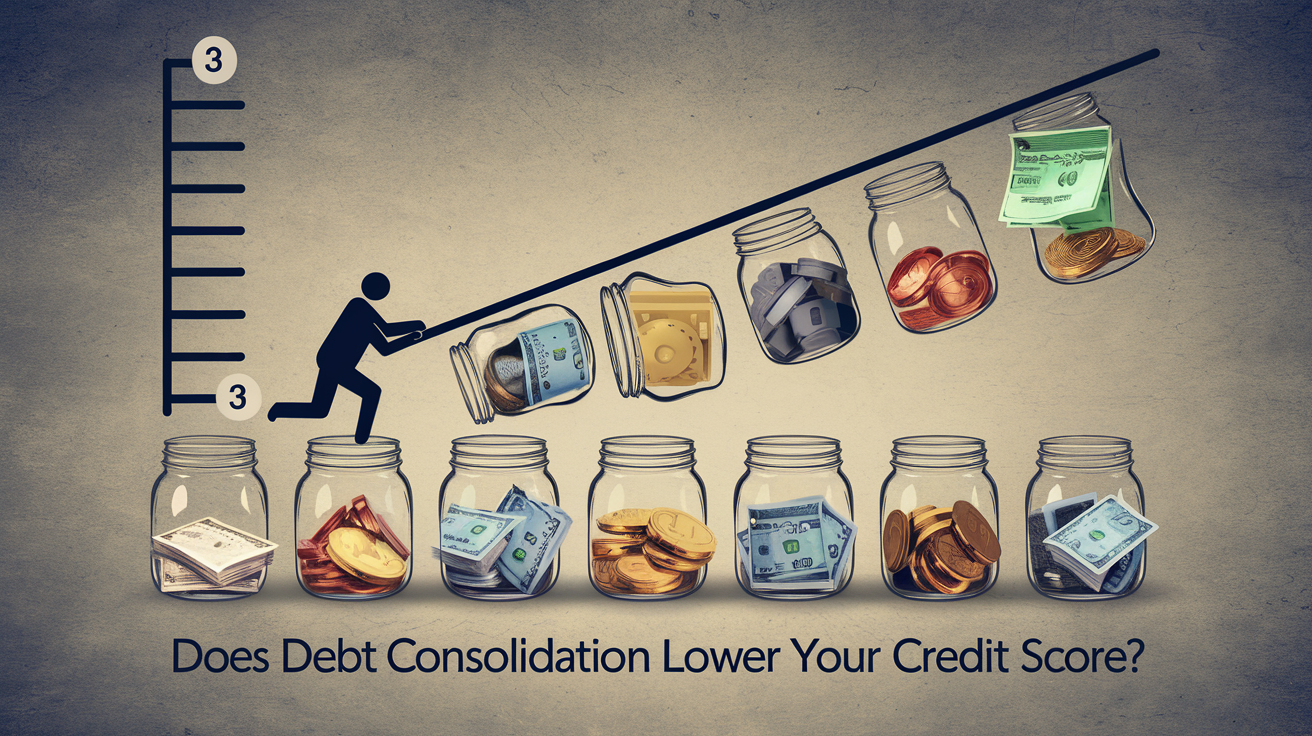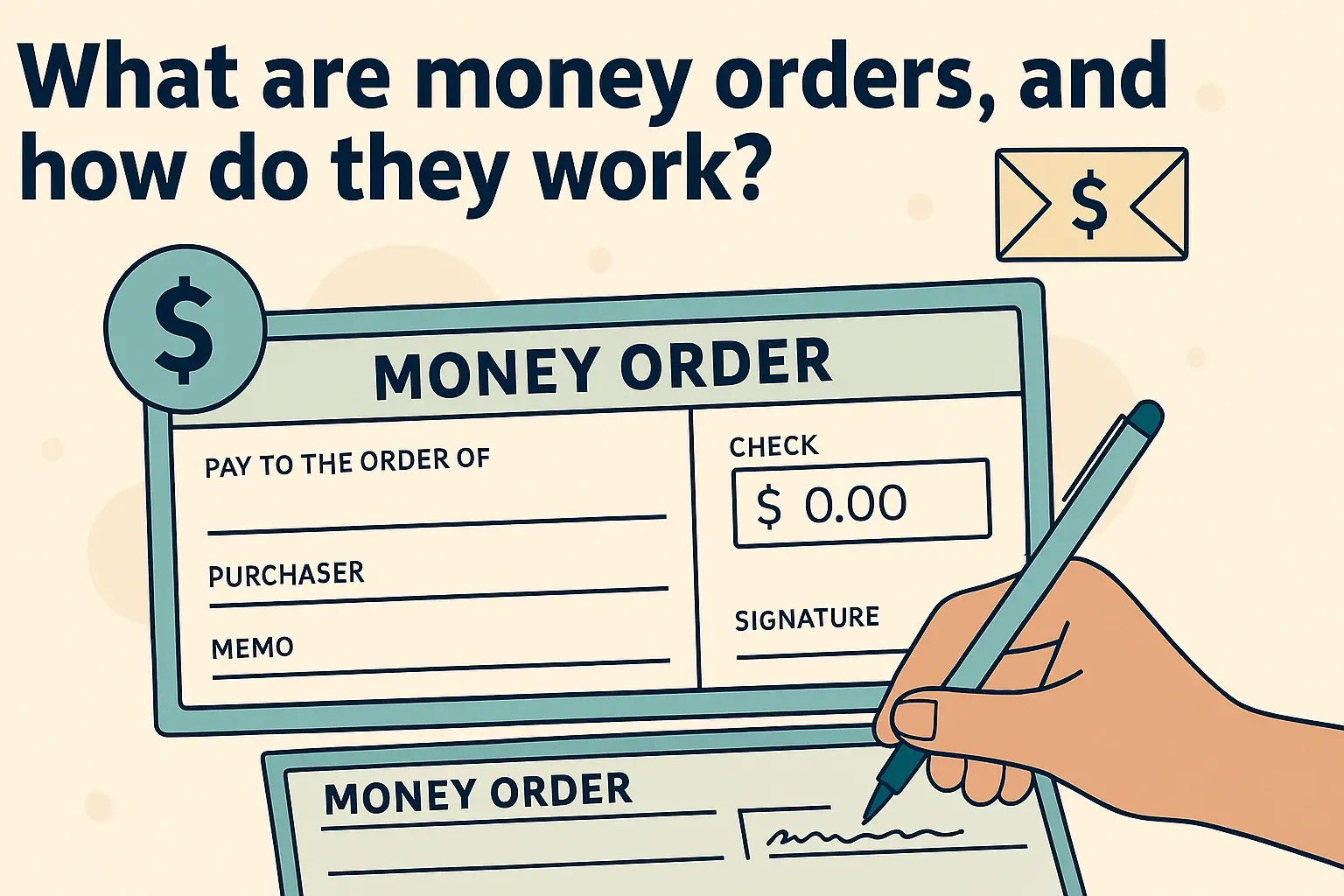-
Posted on: 23 Aug 2024

-
Credit score is an important factor that determines whether one qualifies for a loan or any other form of credit. Thus, there is a concern that shutting down one or more credit card accounts will be bad for a credit rating. However, the effect that comes with closure of a credit card on the credit score is not orthodox since it depends on several factors.
What Affects Your Credit Score?
To answer the question of how closing a credit card affects credit score, it may be useful to know what credit score is made up of first. There are two primary credit bureau scoring models: FICO and VantageScore. While the exact formulas are proprietary, we know the general components that make up these scores:While the exact formulas are proprietary, we know the general components that make up these scores:
-
Credit history – Whether or not you have been paying your bills on time. This usually contributes to a large extent to the final score.
-
Credit utilization – This is the extent to which a borrower has used his or her credit line. It is also important not to utilize more than 30 percent of your total credit limit as it can harm your scores.
-
Credit history length – The length of time that you have been using credit. It is generally better if your company has been around longer.
-
New credit – Credit-card companies’ invitation to open new accounts may affect your scores for the worse in the beginning.
- Credit mix – It is good to have credit card as well as auto loans, mortgage, etc. , to improve scores.
As you can observe, there are just a few aspects that influence the credit score calculation. Now, let us turn to how closing a credit card might affect some of those aspects.
The Effects of Closing a Credit Card to Your Credit Score
When you close a credit card, a few things happen that can affect your credit score:When you close a credit card, a few things happen that can affect your credit score:
Credit History Length
Saying goodbye to the oldest credit card that you have will reduce the average credit history you have which is 3 years and 6 months on average and this will slightly affect your credit rating. Again, if you decide to close a relatively young credit card and you have other older credit cards, the effect is not very significant. Similarly, cards that are closed in good standing keep on contributing to your credit history length for a decade.
Number of Accounts
Likewise, if closing a card leads to the contraction of the total credit card accounts you have, it will lower your credit utilization and mix which in turn, has a small adverse impact on your scores. As with length of history though, there is much less reduction needed in total open accounts to achieve the same result.
Credit Utilization
Even more important, credit card account closure may somewhat raise credit utilization in case you have balances on your other credit cards. For instance, you have two credit cards one with a limit of $10,000 and the other with $10,000; then the total available credit is $20,000. If you charge $2,000 per month and pay off your cards each month, your utilization is 10 percent ($2,000 divided by $20,000). However, when one of the cards is closed, the credit limit available to you is reduced to $10,000. With the same spending, your utilization doubles to 20 percent and your credit score will likely drop.
This means that the more your credit utilization ratio, the more closing an account is important, especially if you close your account with the highest credit limit. Returning back to the example used above, this means that if you decide to close the particular card that has the limit of $10,000 as opposed to the $2000 limit, you will be negatively affected in as much as the utilization ratio and the credit scores are concerned.
Credit Inquiries
Closing a credit card also means opening a new one most probably involves a hard inquiry which takes its toll on your credit score even though it is temporary. However, if you have several credit cards opened, the impact is relatively small as compared to the other factors.
How to Reduce the Effects of settling an Account
If you have made the decision to close a credit card account, a few options exist to help minimize damage to your credit scores:If you have made the decision to close a credit card account, a few options exist to help minimize damage to your credit scores:
-
Pay down balances : Before closing an account, consider paying the balances on other credit cards to avoid having the utilization ratio shoot up. And do not make charges on those cards to incur balances in the following months as well.
-
Open a new card first: There is advice that a consumer should open a new credit card to increase the total amount of credit in the credit report before closing the old credit card. This can be used to balance changes in length of credit and number of accounts that can come up in the credit report. It also allows your utilization to remain low.
-
Close newer cards first: Hence, if the account you wish to close has not been opened for long, the impact you’re going to make to the length of your credit history will not be significant as long as you continue to keep accounts that have been opened for years or decades.
- Use cards sparingly after: Careful spending on the remaining cards keeps your credit utilization low hence not affecting your score much.
How Your Credit Score Changes
The effects of closing a credit card account on your credit usually reduce with time provided you do not default on your payments and manage your credit cards well. It usually takes only a few months for an individual’s credit score to climb almost back up to what it was before the mishap.
In case of any lose, the first thing that one should do is to report to the credit card company.
When it comes to credit card closure, it is always wise to first discuss it with the credit card company or issuer. If necessary, they may be able to modify your card to a different product, thus eliminating the need to close the account. This helps minimize possible temporary bruises to your credit report.
Dusting an account should generally only be done if other actions are not satisfactory enough to be your goal. This enables one to retain the history and available credit which keeps the scores intact.
First and foremost, consider the advantages and disadvantages of the activity or decision in question.
All in all, the effects of paying credit card closing on the credit score are often minor and short-lived for most consumers who have stable credit histories. However, weigh the possible advantages and disadvantages, consider your overall credit picture, and be prepared for the consequences. The practices of keeping good credits long-term benefit your scores more than having accounts you do not require or want.
-








